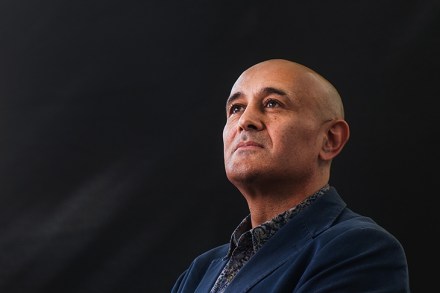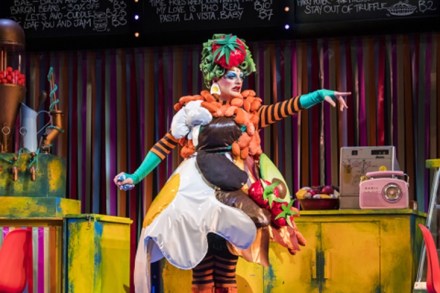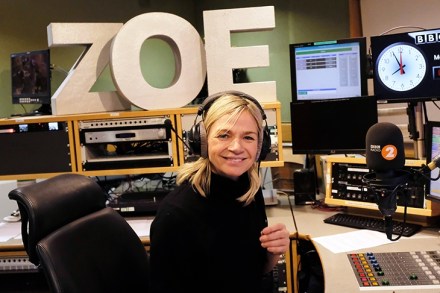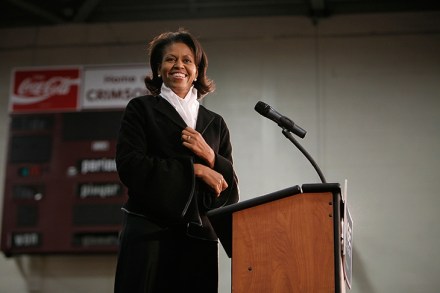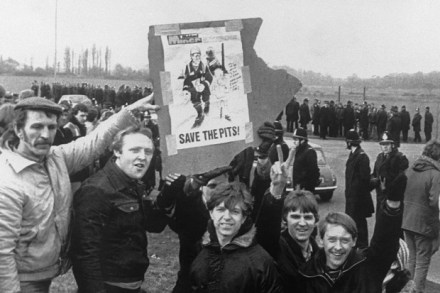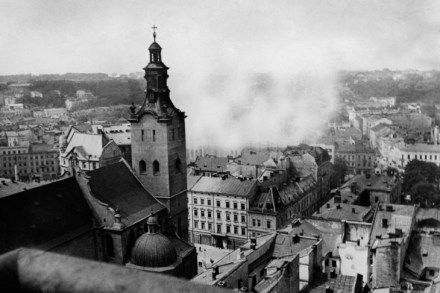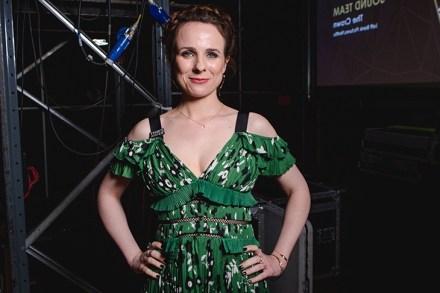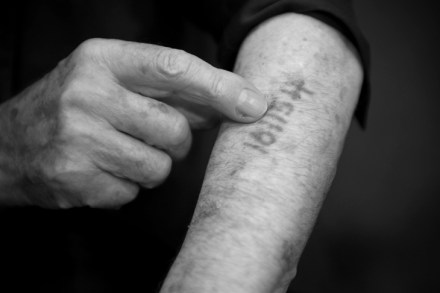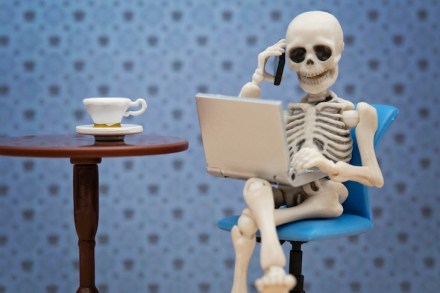A river runs through it
It sounds like something out of Dickens or a novel by Thackeray, a classic case of high-minded Victorian philanthropy, but the Glasgow Humane Society was actually set up much earlier, in 1790 (just after the revolutionary fervour in France demanded liberty, fraternity, equality), to protect human life in the city and especially on the river Clyde. It still exists and Glasgow claims to be the only city in the world to have a full-time officer dedicated to rescuing people from drowning. Back when it began the river and its banks were hectic with shipbuilding, trade and manufacturing. Now the city is almost ashamed of its river; no big ships, hardly



